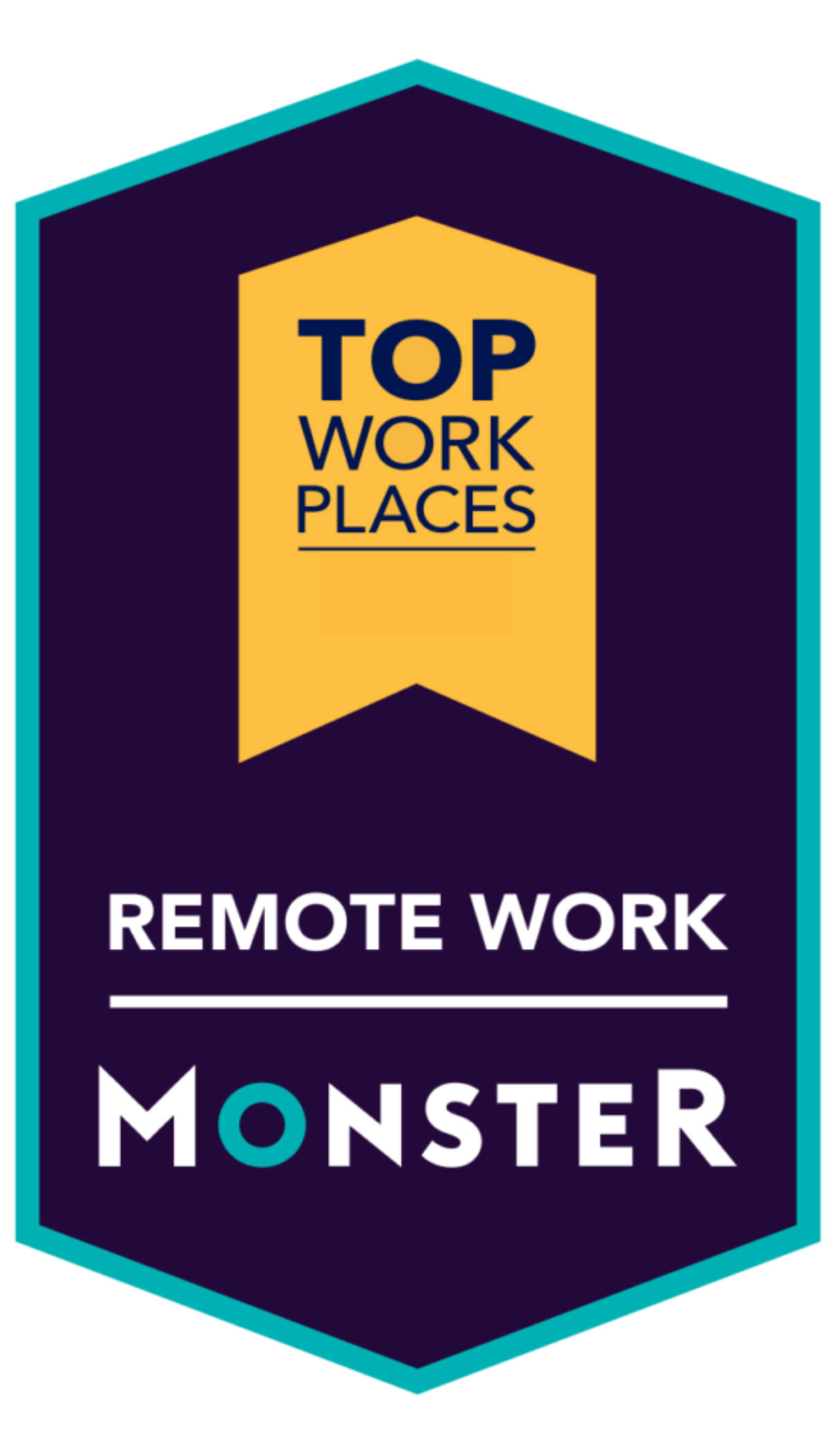Telemedicine touches many aspects of an in-person medical practice: recruitment, contracts, onboarding, training, off-boarding, malpractice insurance, and administration functions that keep the physicians delivering care.
Clinical Quality Monitoring
Quality of care is the most important aspect of any medical practice, virtual or not. Access TeleCare’s Chief Medical Officer and the VP of Clinical Quality conduct monthly virtual and quarterly in-person meetings with physicians to ensure understanding and execution of clinical protocols. Chart reviews are conducted with each physician, as well.
Telemedicine Clinician Recruitment
Access TeleCare’s recruiting team identifies talent and meets with physicians all over the U.S. to explain the benefits of a telemedicine practice, which are many. Physicians get to work from home, have a much more flexible schedule than in other types of medical practice, and see a larger variety of cases than other physicians. Acute telemedicine physicians help patients when they are at their most vulnerable, such as during a stroke. Treating a patient who may not otherwise have been able to see an experienced, highly qualified specialist in their community hospital provides job satisfaction and helps prevent burnout.
Access TeleCare seeks board-certified physicians with over ten years of clinical expertise, but that is just the beginning of assessing candidates. The standards are high; there are many additional requirements that make for a successful telemedicine physician. Access TeleCare also has expectations regarding company culture and willingness to contribute to medical committees.
Telemedicine Clinician Training
The Access TeleCare onboarding process involves significant commitment from the physician to complete the type of training they normally would in a practice setting, but also to learn the technology and processes for completing telemedicine consultations. As upgrades occur, retraining does, too, as well as changes to processes. For example, stroke guidelines continue to evolve, which means continuous training for Access TeleCare’s neurologists to implement the new guidelines.
Navigating Compliance with Telehealth
Access TeleCare ensures that its clinicians effectively navigate the issues unique to telehealth while providing the highest quality of care to patients. The practice of telehealth requires that close attention be paid to areas such as state licensure laws, state medical board requirements, documentation and coding processes, and patient privacy and security requirements, to name a few. With its expertise in revenue cycle management, licensure and credentialing, IT security, compliance, and quality, Access TeleCare provides the necessary support required by clinicians to provide the highest quality care to patients.
Telemed Clinician Performance Management
Once on board (a 9-12 month process because of credentialing, licensing, and privileging requirements), telemedicine physicians are reviewed and measured very similarly to their peers working in brick-and-mortar medical practices and hospitals. Access TeleCare also tracks patient satisfaction and other additional consultation performance metrics to look for continual improvement.
Clinician Scheduling
With sophisticated analytics on supply and demand, Access TeleCare’s operations and scheduling team ensures adequate coverage 24/7 for over 1,000 hospital clients. And, if there is a spike in patient volume, or a disruption from a natural disaster, such as a hurricane or flood, other non-scheduled physicians are only a phone call away. Schedules are created months in advance, providing Access TeleCare physicians with flexibility and Access TeleCare practice management with coverage assurance.
Access TeleCare bridges the gap between technology and healthcare and provides timely specialized care to patients nationwide. If you would like to learn more about joining a virtual medical practice, visit our physician careers page and submit your information.









